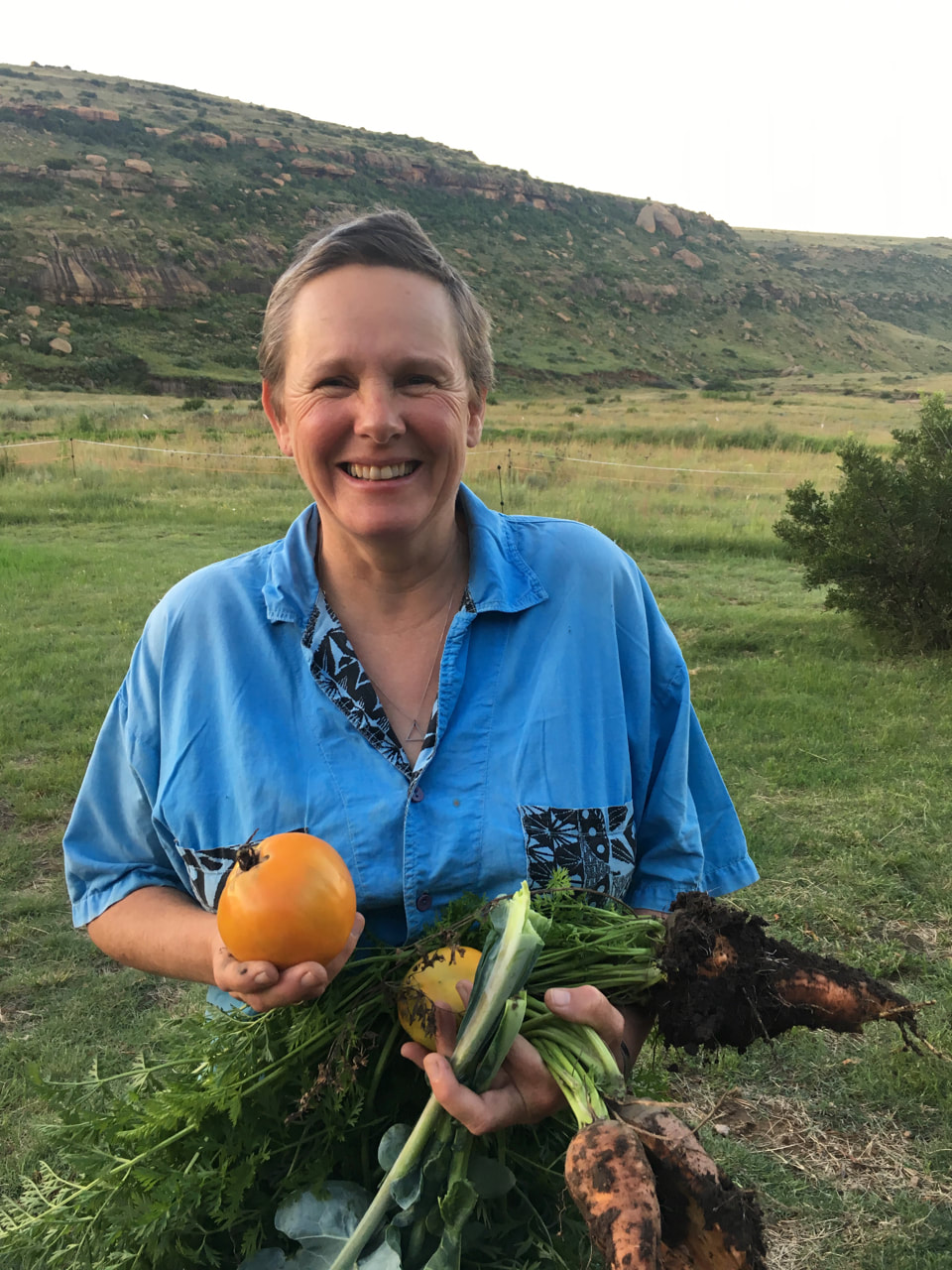Sustainable Community Development
Industrial agriculture is one of the most unsustainable practices of modern civilization. It is responsible for: one third of global greenhouse emissions; using 70% of the worlds fresh water resources; exhausting soil fertility and exacerbating erosion causing the loss of 24 billion tonnes of of top-soil per annum; destroying bio-diversity; increasing antibiotic resistance; damaging health through the use of toxic pesticides and consequent water pollution.
On the other hand regenerative agriculture cools the planet by removing carbon from the atmosphere and stores it in the soil. This methodology slows, stops and stores rainfall; builds soil health; increases bio-diversity and crop resilience. This results in the production of nutritionally dense food, which improves health and well-being.
SCD started a model for regenerative agriculture at Waaipoort five years ago and is now poised to scale-up this successful enterprise to impact the greater community with the possibility of lifting them out of poverty.
For example, currently consumers in the neighbouring town of Ficksburg spends over R70 million per annum on buying fresh produce trucked in from all over the country. The aim of our Regenerative Agroecological Agriculture (RAA) model is to encourage a good proportion of the 13,000 people living in the settlement of Mautse/Rosendal to produce the fresh food needed by the border town of Ficksburg.



